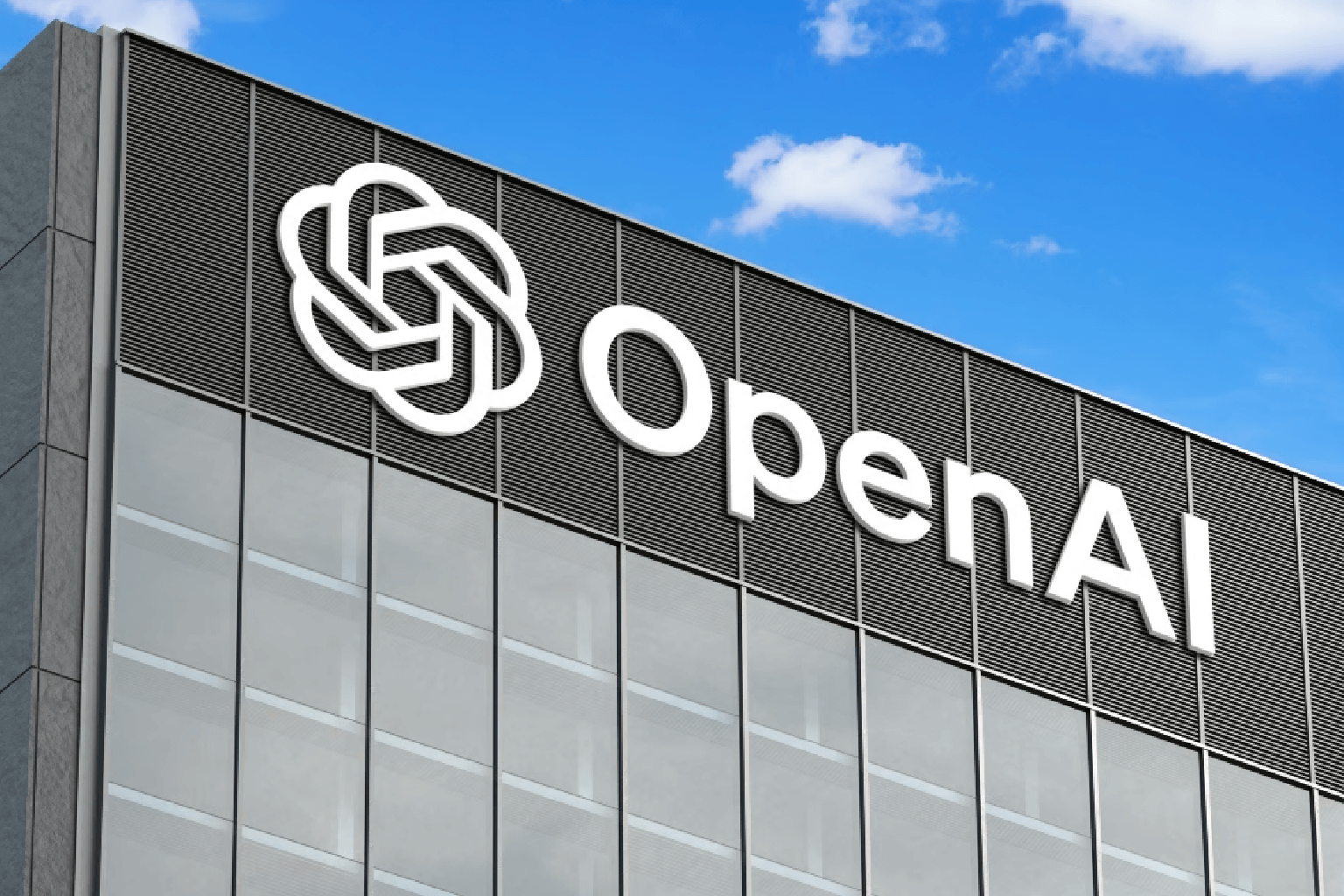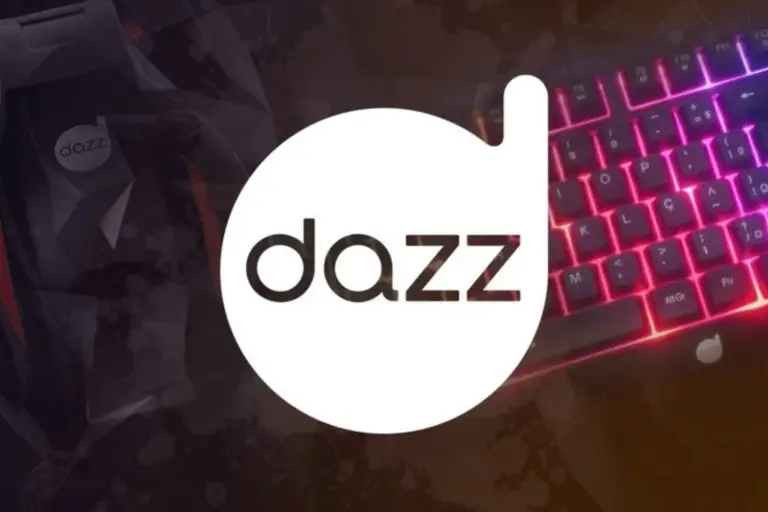
OpenAI Backed Harvey Shakes Up Legal Tech with $100M Mega Raise
Harvey, an AI startup for legal services, got $100 million in Series C funding from GV and other top investors. Harvey will use the money to enhance its AI-powered tools, expand its workforce, and enhance its data-driven legal solutions.
Harvey is a startup developing what it calls an AI-powered “copilot” for lawyers. GV, Google’s corporate venture arm, led a $100 million Series C round for the startup.
Strong angel investors and venture capitalists like OpenAI, Kleiner Perkins, Sequoia Capital, Elad Gil, and SV Angel also took part in this round. As of now, Harvey has raised $206 million, which is about $1.5 billion.
Harvey’s co-founders, Winston Weinberg, and Gabriel Pereyra, stated on the company’s blog on Tuesday that they will use the majority of the new funding to gather and organize data to develop and train “domain-specific” AI models. The company will also hire more people and offer paid services in more places.
According to Weinberg and Pereyra, this investment will allow Harvey to keep expanding and improving our AI-powered technology across all business functions and locations.
We plan to utilize this additional funding to acquire the necessary engineering, data, and domain expertise to develop AI-native systems that simplify complex tasks.
We will also strengthen our relationships with cloud and model providers so that we can add more models to Harvey. We will also collaborate with more training partners to continue making models more useful.
“O’Melveny & Myers” lawyer Wineberg used to work in securities and antitrust law, and “DeepMind” researcher Pereyra then worked as a researcher. Harvey was founded in 2022 in San Francisco by Google Brain, another one of Google‘s AI groups, and Meta AI.
Weinberg and Pereyra live together. Pereyra introduced Weinberg to OpenAI’s GPT-3 text-generating system, demonstrating its potential to simplify legal work.
Harvey is run by the OpenAI GPT-4 model family and can answer legal questions written in natural language. For example, “Tell me what the differences are between an employee and an independent contractor in the Fourth Circuit,” or “Tell me if this clause in a lease is against California law, and if so, rewrite it so it is not against California law.”
Harvey also has tools that can automatically pull information from trial transcripts, find legal documents that support court arguments, and make first drafts of filings that use data and citations from legal databases.
It sounds like very powerful stuff. But it’s also dangerous. Many court cases are private, so some lawyers and law firms might not want Harvey to be able to look through their case files.
Additionally, language models often spread harmful information and made-up facts, which would be seen as very bad in a court of law, if not harmful.
Harvey’s Exclusive Legal Tool
Harvey includes a disclaimer because only licensed lawyers should use the tool, not those who aren’t lawyers.
Harvey has to deal with some opposition. Casetext uses AI, mostly OpenAI models, to find legal cases, help with general legal research, and write briefs. More surgical tools, such as Klarity, are utilizing AI to simplify contract review.
Augmented, an early-stage company, is exploring the use of OpenAI models to translate legal notices and other sources into plain English, enabling flat tenants to better protect their rights.
Tens of thousands of lawyers at law firms and consulting firms like Allen & Overy, Macfarlanes, Ashurst, CMS, Reed Smith, and PwC reportedly use Harvey “daily” due to its popularity.
Harvey’s annual recurring revenue has tripled since December, the two co-founders wrote in a blog post. At the same time, Harvey’s staff has tripled.
Early in June, The Information said that Harvey was trying to get $600 million at a value of “at least” $2 billion.
He wanted to do this in part to buy vLex, a legal research service so that it could train its AI products. Those plans didn’t work out, which is why Series C is so much smaller.


